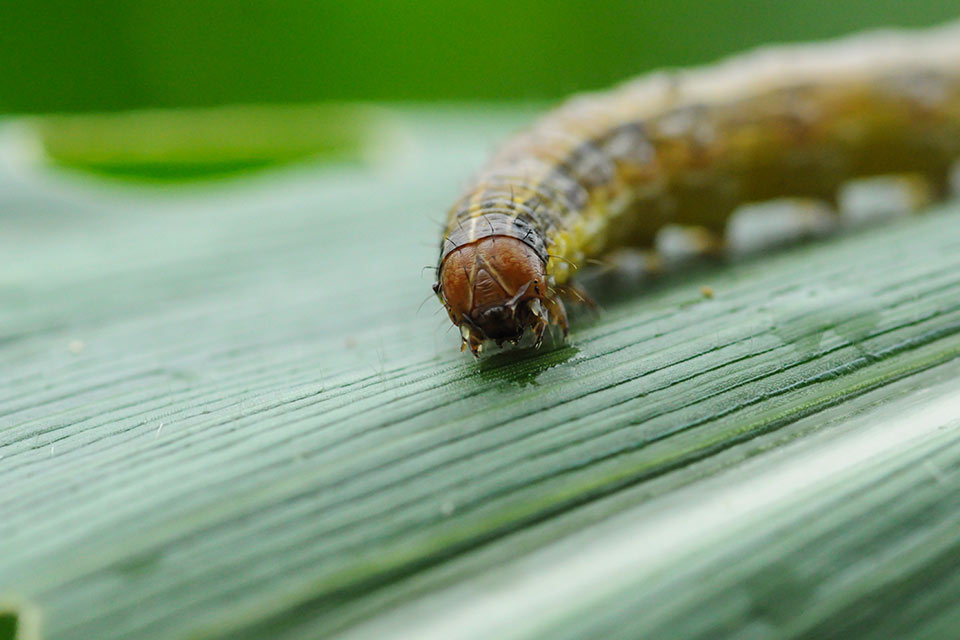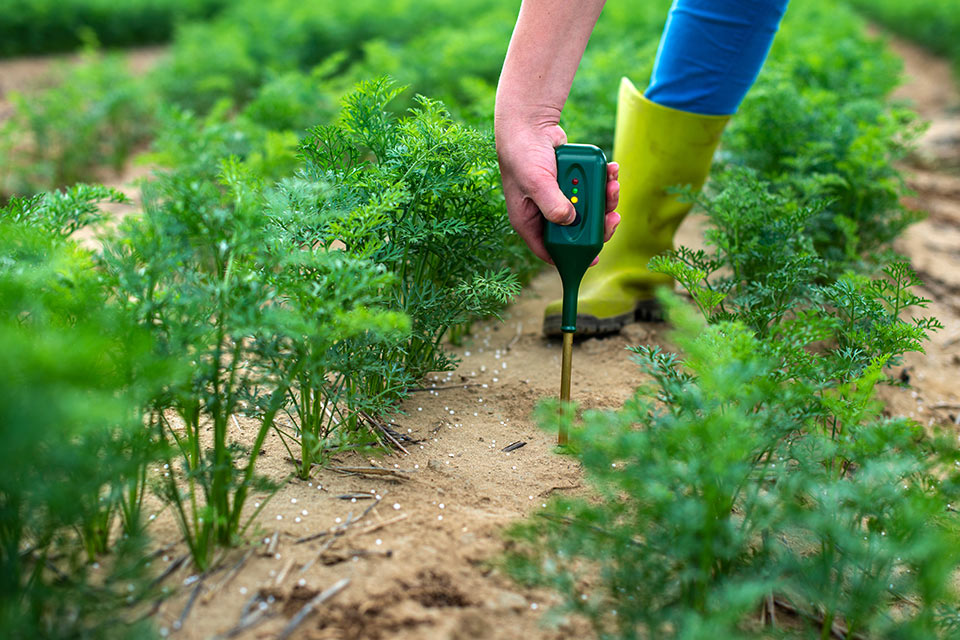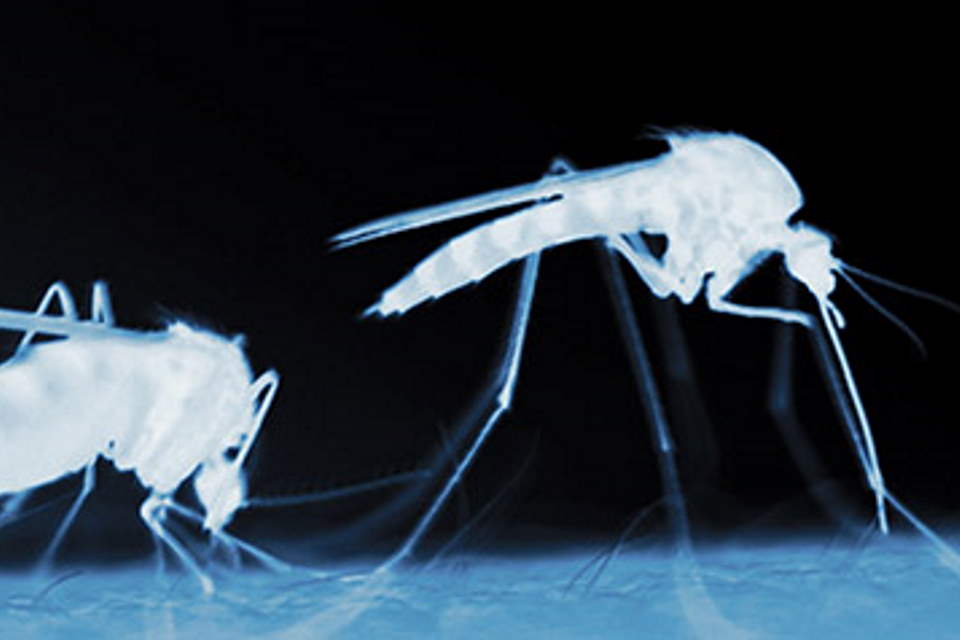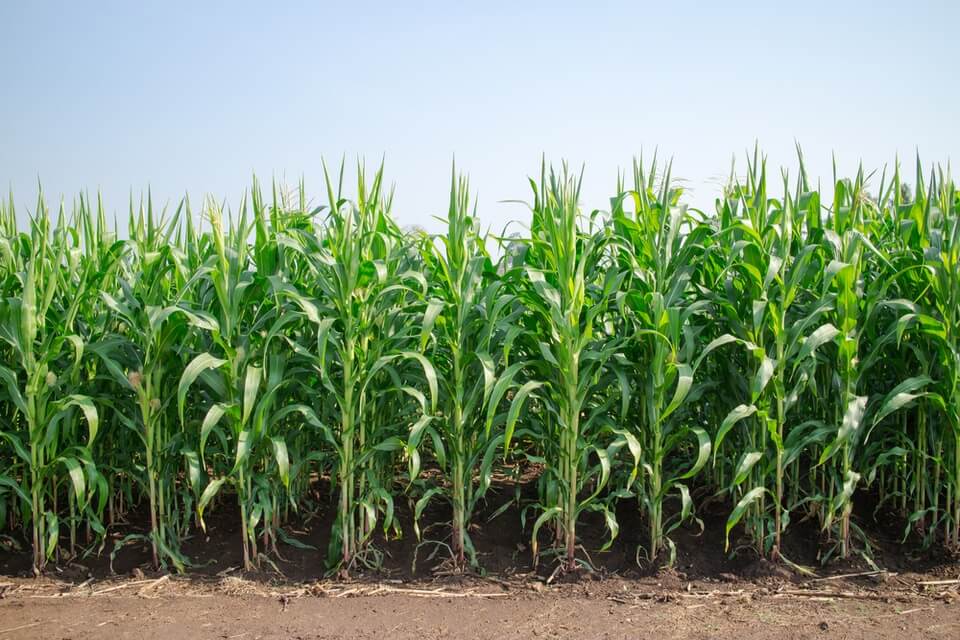Providing food security
Access to food is a challenge faced by many on both a local and global scale, while the global food system is responsible for loss of habitat, pollution of water bodies, and global inequalities. Future changes such as in the economy and climate may pose further challenges, affecting the security of our food systems at different scales.
This challenge spans many different areas from understanding sustainable local and global food systems and food poverty, sustainable agricultural and aquaculture methods and pest control, healthy foods for people and planet, and sustainable management of food wastes.
This challenge theme supports the following UN Sustainable Development Goals:
![]()
Professor Toby Bruce
Dr Aleksandar Radu
A selection of published work
Giraud E (in press) ‘Displacement, ‘Failure’ and Friction: Tactical interventions in the communication ecologies of radical food activism. In: T Schneider, K Eli, C Dolan and S Ulijaszek (eds) Digital Food Activism. New York and London: Routledge.
Abstract: Digital Food Activism is a new edited volume that investigates how digital media technologies are transforming food activism and consumers' engagements with food, eating, and food systems. Bringing together critical food studies, economic anthropology, digital sociology, and science and technology studies, Digital Food Activism offers innovative multi-disciplinary analyses of food activist practices on social media, mobile apps, and hybrid online and offline alternative spaces. With chapters that focus on diverse digital platforms, food-related issues, and geographic locales, this volume reveals how platforms, programmers, and consumers are becoming key mediators of the mandate of food corporations and official governing actors. Digital Food Activism thereby suggests that emerging forms of activism in the digital era hold the potential to reshape the ethics, aesthetics, and patterns of food consumption.
Dr Eva Giraud
Lecturer in Media Culture and Communication and Creative Practice
e.giraud@keele.ac.uk
Rose DC and Bruce TJA. 2018. Finding the right connection: what makes a successful decision support system?. FOOD AND ENERGY SECURITY, vol. 7(1)
Abstract: Farmers require evidence‐based guidance to make optimal decisions, enabling them to reduce costs by increasing the efficiency of input use. We discuss how decision support systems could be improved and made more useful for the farmer.
Access: Keele Research Repository
Professor Toby Bruce
Professor of Insect Chemical Ecology
t.j.a.bruce@keele.ac.uk
Carrigan M, Lazell J, Bosangit C, Magrizos S. 2017. Burgers for tourists who give a damn! Driving disruptive social change upstream and downstream in the tourist food supply chain. JOURNAL OF SUSTAINABLE TOURISM, vol. 25(11), 1563-1582
Abstract: Using the theoretical lens of social capital this paper examines the role of small tourist food businesses and their impact on the sustainability of the destination and local food supply chains. The paper analyses the experiences of small business owner-managers highlighting the complex and subtle nature of the socially responsible strategies used to progress sustainability in a tourist destination. The findings show that authentic lifestyles, motivated by intrinsic not just extrinsic rewards, are driving disruptive social change upstream and downstream in the tourist food supply chain. Small food business owner-managers are catalysts for ‘common’ good, and as supporters for ethical and sustainable food chains have considerable local tourism influence and impact. Social capital strengthens their sense of destination ownership and fuels an obligation to protect their fragile tourist resources. The intersection between social capital, authenticity and responsibility among small food businesses in the tourist industry is demonstrated.
Access: Keele University Repository
Professor Marylyn Carrigan
Professor of Sustainable and Ethical Marketing
Director of Research; Keele Management School
m.carrigan@keele.ac.uk
Laycock-Pederson, R., Robinson, Z.P., Surman, E. (2019) Understanding transience and participation in university student-led food gardens. Sustainability, 11, 2788: doi: 10.3390/su11102788
Abstract: In an increasingly mobile world, transience is becoming the norm. Sustainable community food initiatives, therefore, must organise to withstand high turnover of volunteers. Using a case study of the United Kingdom’s National Union of Students’ food growing scheme in universities, this paper aims to map the causes and effects of short-term, irregular, and low participation using a causal loop diagram to understand how to mitigate their negative impacts and improve participation. Data was gathered through interviews, workshops, photovoice, a fishbowl discussion, and a reflective diary. We found three amplifying feedback loops increasing short-term, irregular and low participation, their causes, and their impacts. These feedback loops were precariously buffered by a continuous in-flow of new potential participants each academic year. We also found that the stakeholders of these gardens conceptualised time akin to both temporary and permanent organisations, and these differing conceptualisations were a source of tension. Furthermore, although ‘organisational amnesia’ was a problem, the gardens were still learningful spaces. We recommend both upstream and downstream solutions are implemented to buffer the impacts of transience and suggest that university and students’ union staff could play a crucial and subtle supporting role.
Access: https://www.mdpi.com/2071-1050/11/10/2788
Professor Zoe Robinson NTF PFHEA
Professor of Sustainability in Higher Education, Director of Education for Sustainability, Co-Director, Institute for Sustainable Futures
School of Geography, Geology and the Environment
William Smith Building
Keele University
Email. z.p.robinson@keele.ac.uk

































